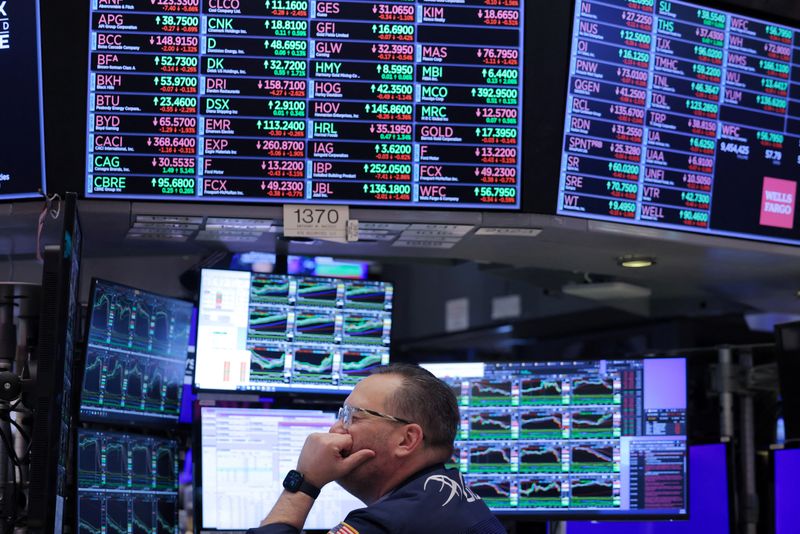Citi strategists maintained a positive outlook on U.S. stocks but reduced equity risk on an international level, the bank revealed in a Friday note to clients.
“In equities, we keep US risk, but overall move from +2 to +1 by reducing international risk, taking profits in Japan, and adding an EU underweight, given risks from potential tariffs,” strategists wrote.
“Equities have been trading well over the last month, and we still think that in the big picture there is more to go,” they added.
Historically, equities tend to perform well at the start of easing cycles, despite occasional jitters before the first rate cut, which are typically quickly reversed. Citi said equities particularly benefit when easing cycles occur during a soft-landing scenario.
Currently, growth remains robust, and although Citi’s preferred warning indicator – comparing changes in US soft data to US hard data – is moving in an unfavorable direction, it is still far from signaling a potential hard landing for the US.
In the meantime, the Q2 earnings season is progressing, with Citi noting strong data so far.
"This is crucial to justify elevated valuations. The Fed cutting into a soft landing is very equity bullish," the strategists emphasize.
Despite the recent rotation from large-cap to small-cap stocks, strategists remain cautious about exiting the AI large-cap trade as they believe this is unlikely to become a negative factor for the overall market.
Overall, Citi anticipates continued U.S. outperformance. They argue that tariff risks, which they believe would increase under a Trump presidency, are likely to be more detrimental to the countries facing the tariffs rather than to the US, even considering potential retaliatory measures.
The most significant selloff has occurred in Chinese equities, which were targeted by the most aggressive tariffs.
"Japan and the EU were also targets of tariffs, and Korea was impacted. Those markets sold off more than the US, but less than China," the strategists observe.
